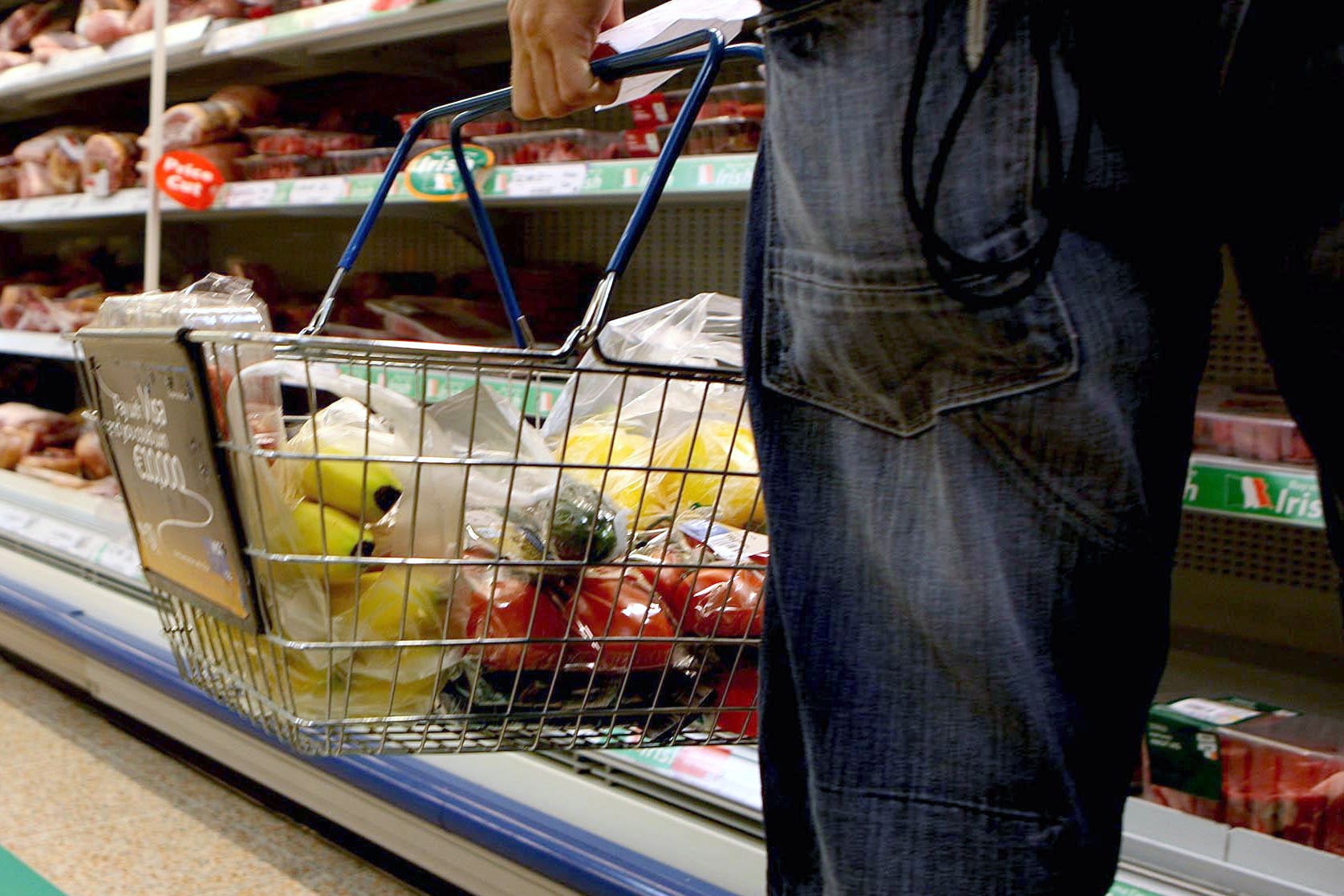Food prices having detrimental effect on mental health – Which?
The increased price of everyday groceries has worsened the mental health of a quarter (25%) of people, the survey suggests.

Your support helps us to tell the story
From reproductive rights to climate change to Big Tech, The Independent is on the ground when the story is developing. Whether it's investigating the financials of Elon Musk's pro-Trump PAC or producing our latest documentary, 'The A Word', which shines a light on the American women fighting for reproductive rights, we know how important it is to parse out the facts from the messaging.
At such a critical moment in US history, we need reporters on the ground. Your donation allows us to keep sending journalists to speak to both sides of the story.
The Independent is trusted by Americans across the entire political spectrum. And unlike many other quality news outlets, we choose not to lock Americans out of our reporting and analysis with paywalls. We believe quality journalism should be available to everyone, paid for by those who can afford it.
Your support makes all the difference.Soaring food prices are having a detrimental impact on the mental health of shoppers and families, according to a study by consumer group Which?.
The increased price of everyday groceries has worsened the mental health of a quarter (25%) of people, the survey suggests.
Some 23% say that rising food prices has hindered their ability to eat a healthy diet, while 22% said they had lost sleep over food costs, and one in five said their physical health had deteriorated.
Three in 10 women (30%) said their mental health had worsened as a result of soaring food prices.
A third of people aged 35 to 54 – those most likely to be parents of young families – said food costs had had a negative impact on their mental health.
They were more likely to be negatively affected than those aged 18 to 35 (27%) and over 55 (18%).
The findings come as MPs prepare to question senior figures from Sainsbury’s, Morrisons, Tesco and Asda on food and fuel price inflation and whether consumers will soon see price falls.
Recent Which? research found that the cost of everyday family meals like pasta bake, fish fingers and chips and spaghetti bolognese had increased by up to 27% over the last 12 months, with some essential ingredients doubling during this time.
The Bank of England suggested last week that some retailers are jacking up prices or failing to pass on lower costs to consumers as a way of increasing their profit margins at a time of stubborn inflation.
Official figures last week showed that food inflation slowed from 19.1% in April to 18.4% in May after hitting a 45-year high in March.
If your body doesn't produce milk, it isn't a choice - you shouldn't have to pay a premium for something which is a necessity
One mother of two from Merseyside told Which? that her mental health had suffered because the price of baby formula had increased.
She told Which?: “My baby has reflux and yet we can’t afford to buy the anti-reflux baby milk. It’s gone up from £11.50 in 2021 to £14. If your body doesn’t produce milk, it isn’t a choice – you shouldn’t have to pay a premium for something which is a necessity. Thinking about it brings me to tears.
“I didn’t have babies until I was as financially stable. We should be doing well but instead we are looking at an uncertain future. We have worked very hard for what we have and I feel so angry that we and other families are not being looked after – our best interests are not being looked after. That all builds and builds and I feel like a pressure cooker waiting to explode.”
Women and young parents are among the worst affected and some people struggling to feed their children are asking themselves how much more of this they can take
Which? head of food policy Sue Davies said: “Which? research shows how the sustained stress and worry caused by rising food prices is now having a detrimental impact on people’s mental and physical health.
“Women and young parents are among the worst affected and some people struggling to feed their children are asking themselves how much more of this they can take.
“Now is the time to act. The government must urgently get supermarkets to commit to stocking essential budget ranges in all their stores, particularly in areas where people are most in need, as well as make pricing much clearer so shoppers can compare prices and find the best value products.”
Opinium surveyed 2,000 UK adults between May 19-23.